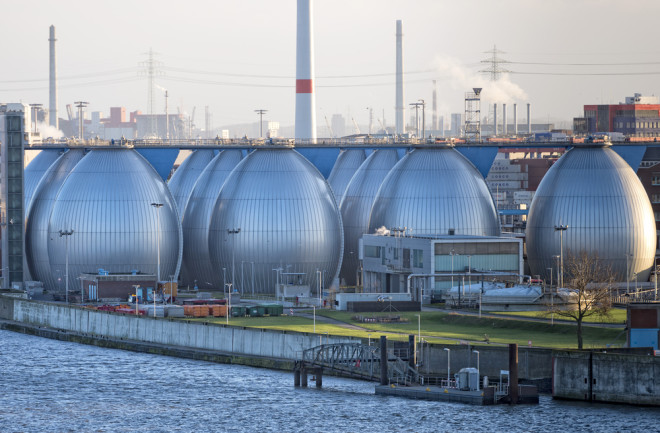The V&A Waterfront in Cape Town will get a new desalination plant to assure a fresh water supply during any future crisis that affects South Africa’s second-largest metropolis. According to a statement released on Thursday, Growthpoint Properties Ltd., the country’s largest publicly traded real estate company, gained clearance for the 3.3 megalitre facility. Construction is set to begin in the first quarter of next year.
Also Read: Somerset West’s public transport interchange planned in Cape Town
According to the Johannesburg-based firm, the project should be completed by 2024. The move comes four years after a prolonged drought caused officials to enforce severe water consumption restrictions in order to prevent shutting down the taps. Water shortage is a concern in South Africa as a whole, owing to both climate change and local government mismanagement of infrastructure.
Cape Town Desalination Plants
Small-scale desalination facilities were installed in Cape Town in 2018 to attempt to avoid a full-blown disaster, although they were only meant to be used for a limited time. Tourists are beginning to return to the V&A Waterfront following long lockdowns and travel prohibitions caused by the coronavirus outbreak, according to Growthpoint. In October, about 1.6 million people visited the beautiful shopping and eating center, up 28% from the previous month and close to three-quarters of pre-pandemic levels.
The first cruise ships of the season are expected to dock at the end of the month, according to a separate statement from state-owned ports firm Transnet SOC Ltd. The economy of Cape Town is primarily reliant on tourists, who are drawn to the city by its renowned Table Mountain, clean beaches, and wineries. The V&A Waterfront is also a popular place for businesses, and Growthpoint is now constructing Investec Ltd.’s new Cape Town headquarters in the neighborhood. The impact of the epidemic on traditional office space is still being felt by the real estate industry, with vacancies in the Johannesburg center of Sandton climbing to 21% in the three months leading up to September.

Leave a Reply